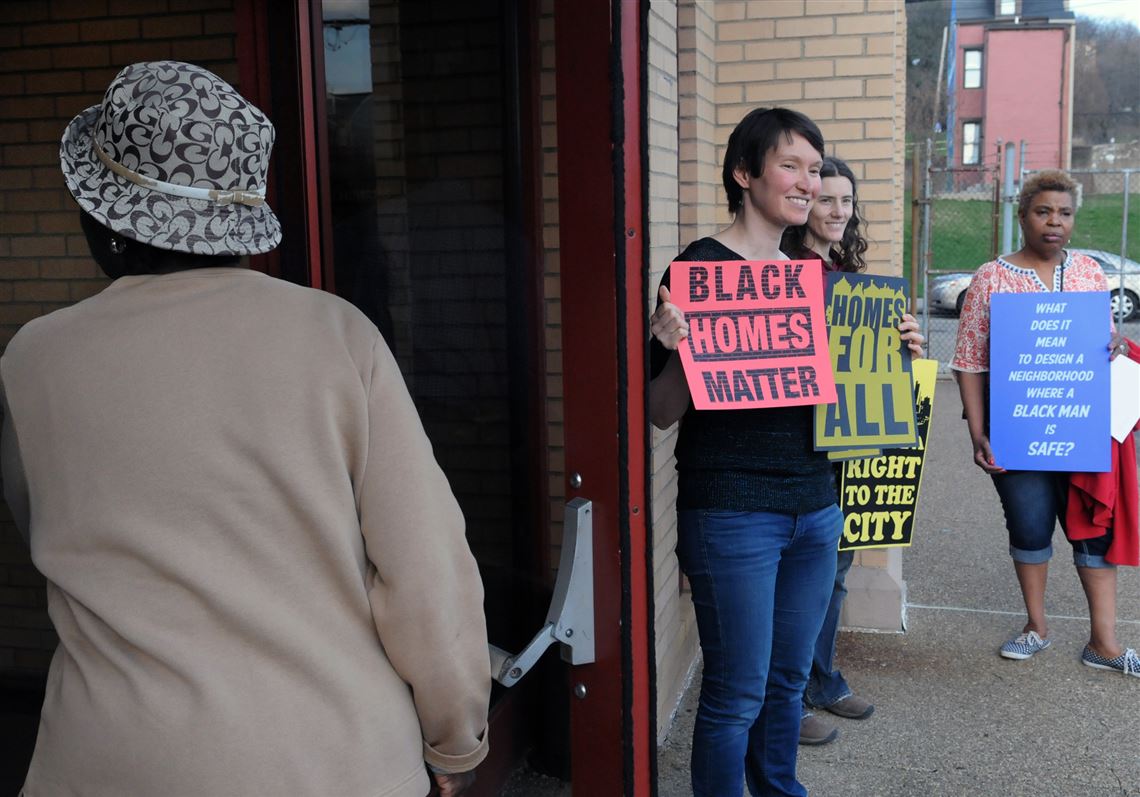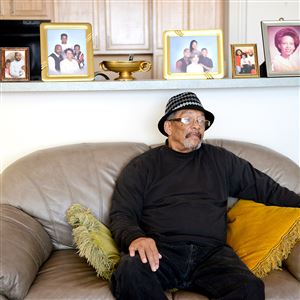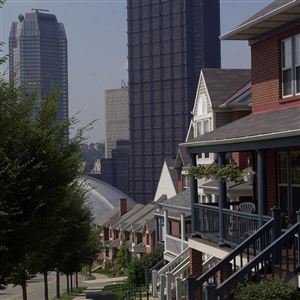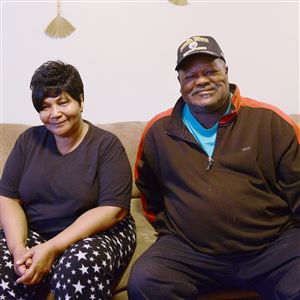Debbie Reed, a 30-year resident of the California-Kirkbride neighborhood, doesn't want where she lives to become the next East Liberty.
It was this concern that brought her to a city-sponsored community forum on affordable housing last week. While the transformation of East Liberty from a struggling neighborhood to an increasingly upscale hotspot is viewed as a success story by many, others are concerned about the displacement and hardship faced by longtime residents no longer able to afford living in their community.
“When I ride through East Liberty, it just really hurts my heart. I see that it could happen in a lot of different neighborhoods. We just have to really fight and make sure it doesn't,” said Ms. Reed, president of California-Kirkbride Neighbors.
“It’s possible in any poor neighborhood...Homewood, Larimer. If we don’t really pay attention to what’s going on, we won’t live here anymore. It’s like, poor people are being pushed out of Pittsburgh.”
Dozens of other Pittsburgh residents came to the North Side forum to discuss whether they have experienced changes in their neighborhood related to affordability, if they agree with priorities a city affordable housing task force has put forth and what types of programs the city should pursue in this regard.
A number of attendees held “Black Homes Matter” signs.
“People are obviously very, very concerned about displacement,” said Peter Kaplan, who is on the Housing Authority of the City Pittsburgh Board of Commissioners, but who attended the meeting just as an interested citizen.
Mr. Kaplan said he has followed with dismay the displacement of some East Liberty residents, such as tenants of Penn Plaza.
From Wednesday night’s meeting, he said, he learned that some people on the North Side are experiencing rising rent costs.
“This is not just an East End problem,” he said.
A 24-member City Affordable Housing Task Force is charged with making recommendations to the mayor and city council by May 27 for preserving and expanding Pittsburgh’s stock of affordable housing.
There are two additional upcoming forums in different neighborhoods — 6 p.m. Tuesday at the Kingsley Association and 6 p.m. April 5 at the Hill House Association.
A report last year found the city has a shortage of about 21,000 homes that are considered affordable for low-income families.
Ray Gastil, director of Pittsburgh’s Planning Department, and a task force co-chairman, said residents have voiced a variety of concerns, that range from Ms. Reed’s worry of gentrification and displacement of existing residents, to the exact opposite concern.
“In some places, we haven’t heard concerns about gentrification... Some places, actually, are still eager for increases in value and development. Other people are very concerned about it, even in areas that are still somewhat challenged, but they see that there’s activity, that there’s houses being bought and sold, and they see some increases in value and they are happy about some changes in their neighborhood, but they are unhappy about some of the others.”
Jala Rucker, a Manchester resident who attended the forum, said she had concerns about displacement, but also about neighborhood crime and safety, and would like to see some development in the Manchester neighborhood.
“But we want input from the tenants. We want to ask them, ’What do they want to be brought into their neighborhood?’” she said.
Mr. Gastil said the task force also aims to plan for affordability in the context of future city growth and development.
“There’s many people that aren’t cost-burdened right now, aren’t concerned right now, but they are concerned looking ahead. Because they’ve seen neighborhoods change really rapidly, maybe not their neighborhood, but next door,” he said.
Kate Giammarise: kgiammarise@post-gazette.com or 412-263-3909 or on Twitter @KateGiammarise.
First Published: March 26, 2016, 4:00 a.m.



















